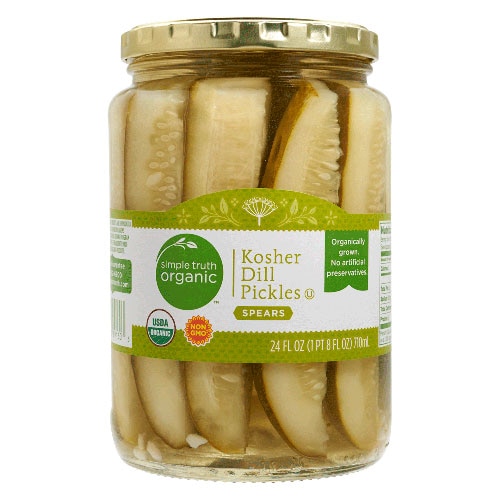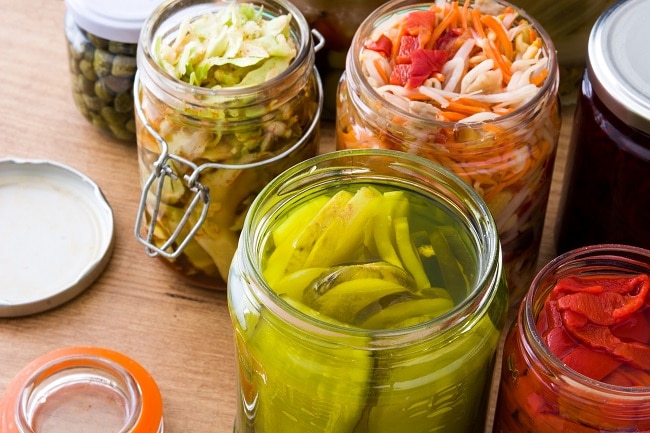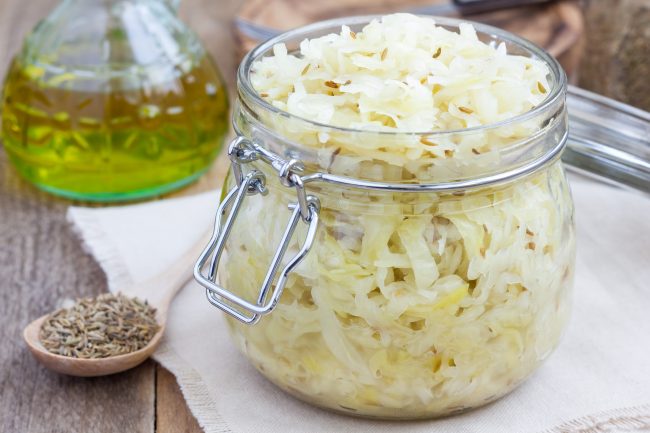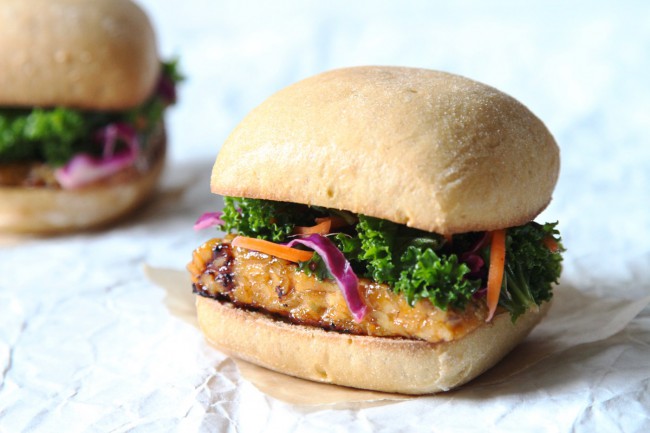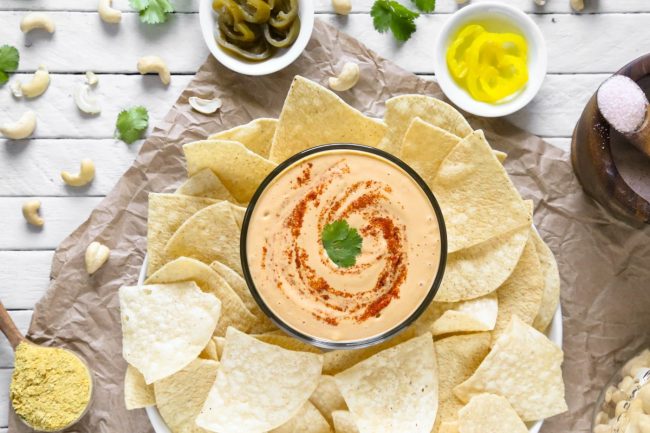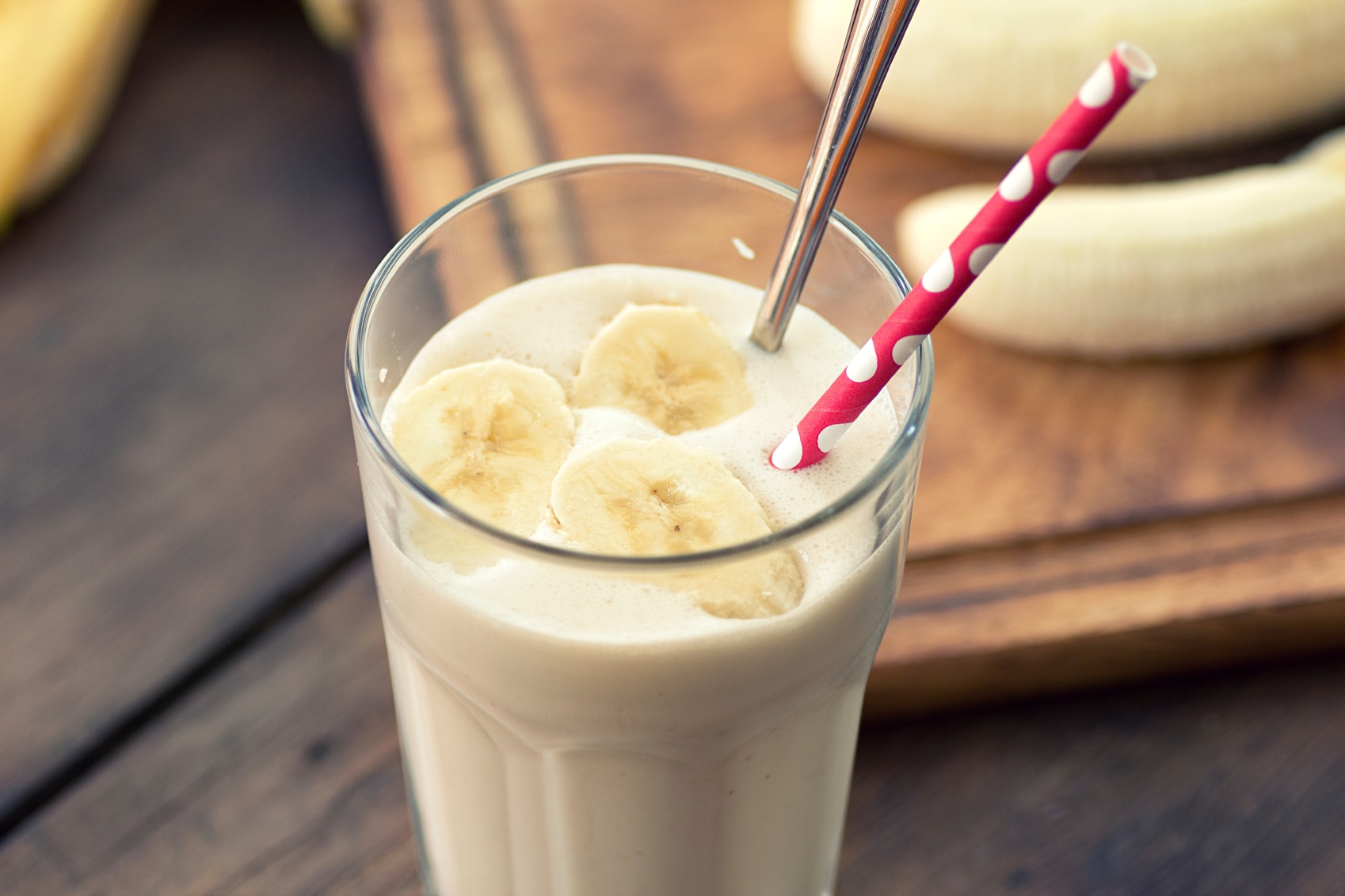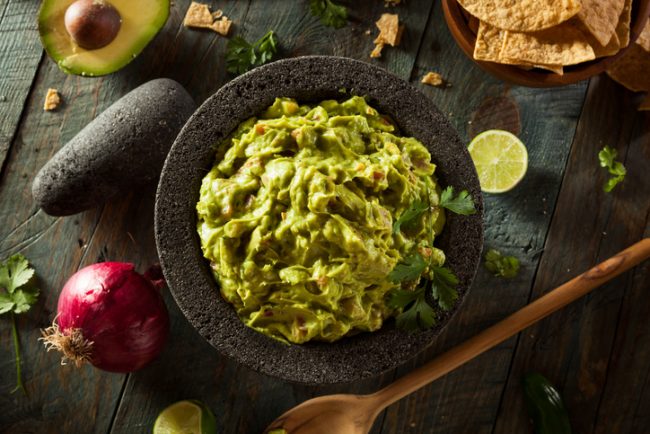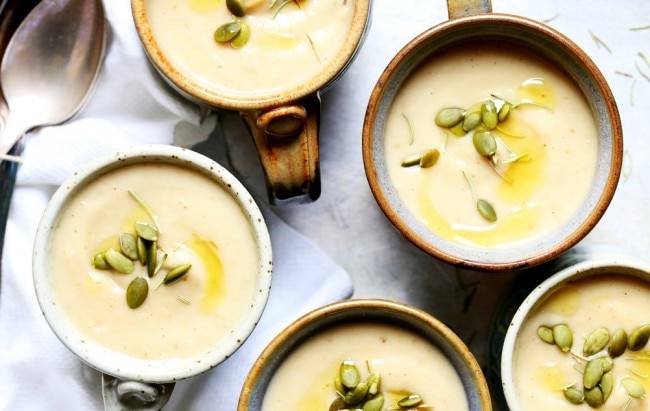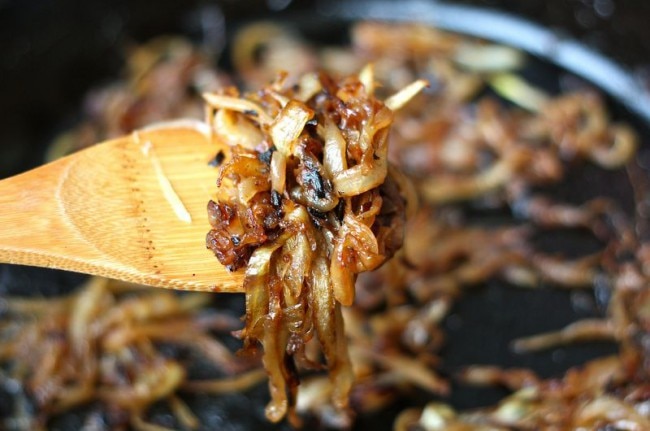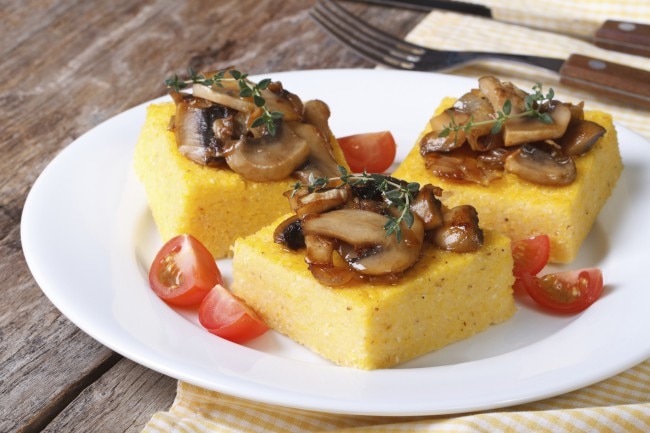While not everyone considers their digestive or “gut” health" on a daily basis, it’s actually a huge factor in our overall well-being. It’s been estimated that as many as 500 different species of bacteria reside in our bodies—collectively called the microbiome—with some referred to as “friendly” while others provide no benefit, and can even be harmful.
Research suggests that for optimal wellness, the ideal balance between these tiny microbes is 85 percent “good” and 15 percent, or less, “bad.” Once established, a thriving population of friendly bacteria helps prevent the growth of hostile bugs by competing for both nutrition and attachment sites in the colon.
Improving your gut health is a worthy aim indeed when you consider the wellness power of friendly bacteria. For starters, these beneficial microbes work together to minimize chronic inflammation, thus reducing our risk of numerous health problems. Additionally, they help us properly digest food, synthesize nutrients, and filter and eliminate harmful bacteria, toxins and waste products.
Friendly bacteria also help to empower our immune systems. In fact, research from the Journal of Clinical and Experimental Immunology reveals that approximately 80 percent of our immune system is centered within our gut. So how can we boost intestinal health naturally to tap into these impressive benefits?
That can be as simple as enjoying more of the deliciously unique foods traditional cultures have consumed for centuries. These include probiotic-rich choices, as well as items rich in prebiotics, as these “feed” and nourish probiotics in our gut.
While fermented and cultured items are loaded with probiotics, prebiotics are found in many fruits, vegetables, and whole grains, especially those high in fiber—the most important of all prebiotics. Here are some notable foods offering probiotics, prebiotics—or in some cases both:
1. Sauerkraut
This deliciously piquant, fermented cabbage dish—a valued staple in German cuisine for centuries—is both a prebiotic and a probiotic. Happily, you can now easily find organic and even raw versions, all of which are rich in B-complex vitamins. Here’s an organic kimchi-flavored rendition to make your belly purr! To make it yourself, try our simple homemade sauerkraut recipe.
2. Tempeh
Long revered in other cultures as an important staple, this fermented soy food provides complete, plant-based protein as well as both prebiotics and probiotics. These Grilled Hickory Smoked Tempeh Sliders showcase it beautifully, especially with a side of kale slaw. Want to make your own? Snag some tempeh starter culture, which is also available in a soy-free version, on Vitacost.com.
3. Miso
Highly versatile and full of savory flavor, this ancient Asian food is brimming with healthy probiotics. Miso paste can be used to make sauces, marinades, spreads, soup stock and to create tasty cultured veggies. White miso is the most delicate in flavor, whereas darker miso is saltier and more intense. Looking for a snack? Try this recipe for miso-infused vegan cheese sauce.
4. Bananas
More than just a yummy grab-and-go snack, prebiotic-rich bananas can be very useful in restoring the health of your “bacterial community,” while also helping to quell inflammation, due to rich levels of potassium and magnesium. A convenient way to add more bananas to your diet is to blend one (or a few!) into a smoothie. We’re loving this fall-inspired Banana Bread Super Smoothie.
5. Broccoli
Like other cruciferous vegetables—such as kale, arugula, cabbage and cauliflower—broccoli contains sulfur-containing metabolites, known as glucosinolates, which may discourage the formation of cancer cells while also minimizing chronic inflammation. Not a fan? No problem! You’ll hardly notice the unique addition in this broccoli-infused guacamole recipe—although we prefer to call it: broccomole!
6. Garlic
As noted in the Food Science and Human Wellness Journal, garlic is more than an Italian superfood; it’s also an effective prebiotic, stimulating the growth of beneficial gut microflora. This creamy, White Bean & Parsnip Soup with Roasted Garlic is a superb way to enjoy it. Ideal for entertaining too!
7. Onions
One of the foods most savvy chefs find essential, onions offer more than incomparable, savory flavor. They also feature a plethora of flavonoid antioxidants like quercetin, and bolster “good” gut flora with both soluble and insoluble fiber, providing super food for probiotics. Top your next sandwich or veggie patty with these sweet-and-tangy balsamic caramelized onions.
8. Polenta
Did you know that this fiber-rich, complex carbohydrate has a fermentable component, which transforms into healthy gut flora? De la Estancia Organic Polenta is a top brand made from Argentine corn, which is higher in protein and lower in starch than common corn. You can enjoy polenta as Italians long have—straight from the pot with marinara sauce, topped with cheese or nuts. Or, you could let it cool, slice it into squares and either grill or bake it! Crown with pesto sauce and serve with Caesar salad for a gorgeous, plant-based meal.
While there are many other gut-friendly foods, these are among the highlights. Work them in as often as you can; you may soon find you can’t do without them. Here’s to your optimal wellness!



